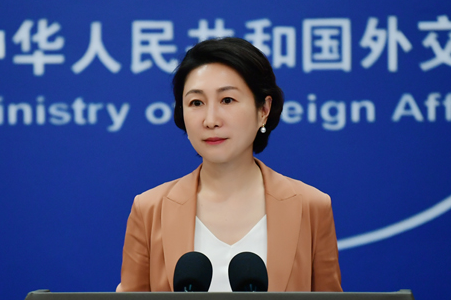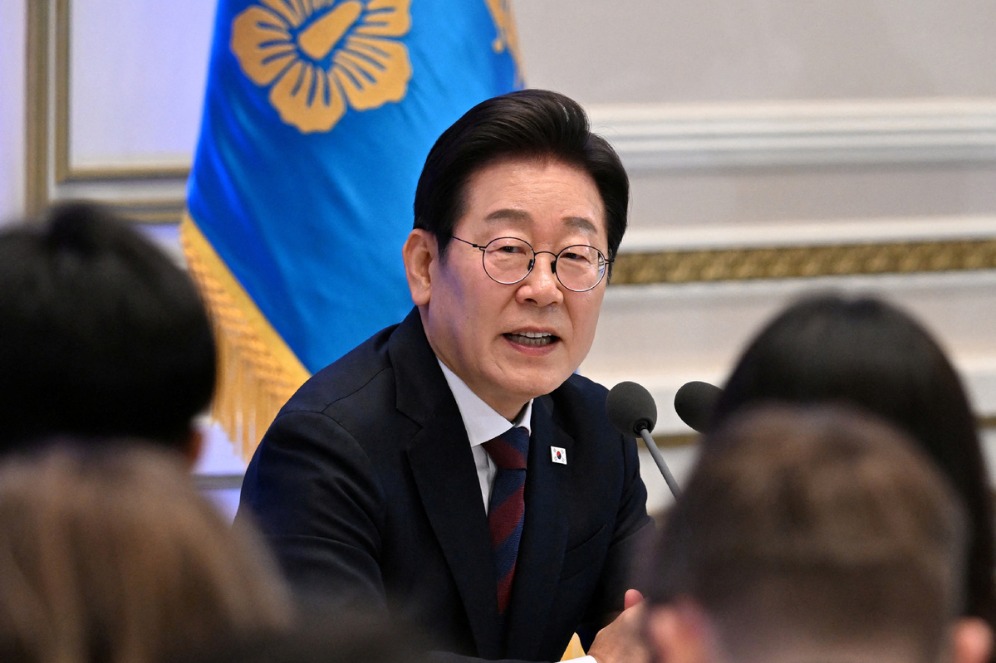Country sheds light on green future for Africa

Growing market
Chen Jiequn, the company's founder, said: "We are figuring out more ways of trading, such as bartering. For example, Ethiopia is famous for its coffee. So people in that country could exchange coffee beans for solar power kits if they are short of money."
She has also witnessed the fast-growing solar energy market in Africa. "Africa is a huge market and it will advance even after the basic demand for electricity is met in the future," Chen Jiequn said.
"When people have lighting and a radio, they may next want a television. They want to entertain, educate themselves and their kids. They may also need some clippers to cut the kids' hair, and would love to have a fridge. This is something the energy world is really eager to do. It is the energy ladder.
"Initially for our company, the cheapest lighting products were the most popular, accounting for more than 80 percent of our sales. But in recent years, this has changed. Now, the cheapest products only account for 20 percent of sales, as demand for bigger power supply products grows."
Hui Honglin, a former consultant for Lighting Global, a World Bank Group initiative aimed at increasing access to off-grid solar energy for people living without electricity worldwide, said off-grid solar products are well suited to the current demand in Africa. They are also the continent's best example of localization for China's small-sized green products.
These environmentally friendly products not only light homes in sub-Saharan Africa but are also in line with the UN's Sustainable Development Goals of ending poverty and protecting the environment.
Over the past two decades, Chinese private enterprises have played an active role in the development of the green energy industry at home and abroad, Hui said, adding that within the framework of the Belt and Road Initiative, there is a promising future for the growth of solar energy in Africa.
However, it is not plain sailing for SMEs operating in the solar sector in Africa, where the biggest challenge is obtaining enough money.
Li said that unlike state-sponsored giant companies, SMEs have extremely limited capital and resources.
"For small companies, it's not easy to borrow from banks, because the banks think that what we are doing, especially in Africa, is risky," Li said.
However, she said green energy, including solar power, is certain to become a worldwide trend due to its sustainability. State-owned enterprises and private ones in China should join hands in the future to play to each other's strengths, Li added.
Chen, from Beebeejump, said Chinese companies in Africa need to understand local culture and living habits.
As an example, he cited ways to deal with local employees.
Initially, Beebeejump had more than 200 local employees in Nigeria and paid them at the same time as its staff members in China, meaning that payday fell on the 15th of the following month.
Chen Yeying said: "Then something weird happened. It wasn't long before many of the African employees stopped showing up for work, without taking leave or calling in sick. I couldn't figure out why, but finally we discovered the reason."
It turned out that the delayed payment date left the employees with no money to take a cab or other transportation to work.
"In addition, despite incomes usually being low, Africans are more likely to consume, instead of saving. They immediately spend their money after getting paid. So, we came up with a new way of paying them. We pay part of their salaries in advance every week to ensure they can come to work every day and have enough money for daily life," he said.

































